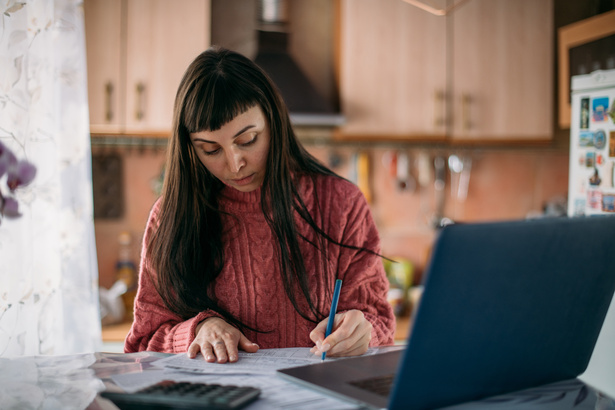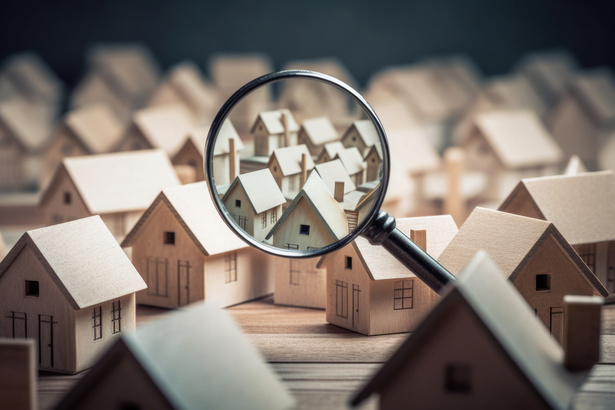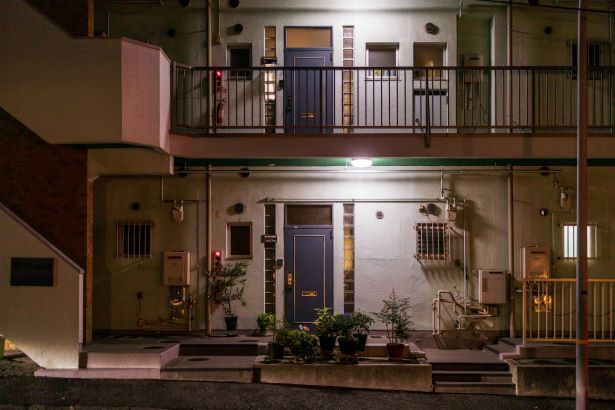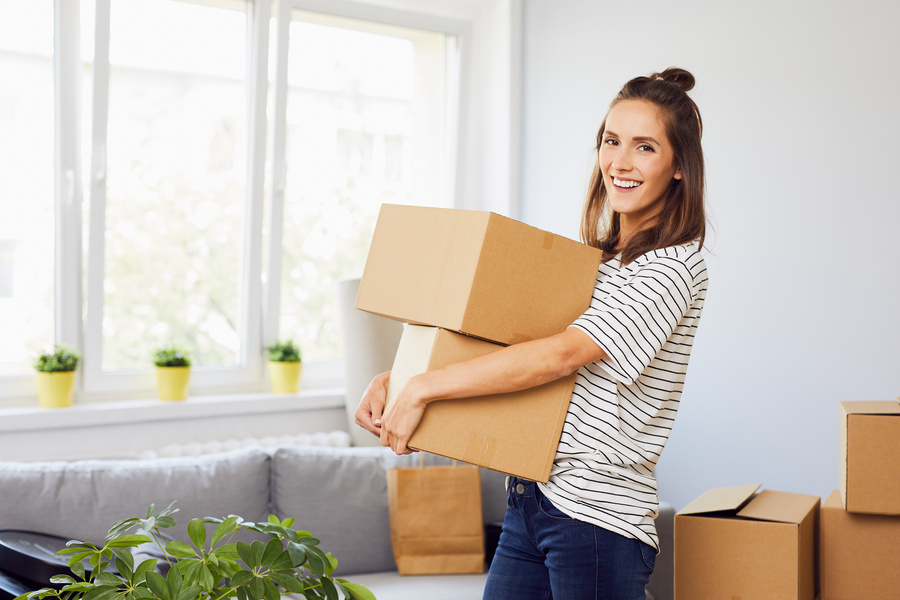You're an adult now, and that means you should find your own place. You're probably not ready to own a condo or a house, but you do want your independence. That means renting your first apartment, but it's not as simple as you think it is. Although you can probably sign a lease for the first place you come across, you definitely shouldn't take that route. You can show your parents that you're a responsible adult and also prove to yourself that you're ready for the next stage in life.

Being a first-time renter is a significant step in your life. It means you can do, more or less, what you want, but you also have some significant responsibilities. You have monthly rent to pay (and you should absolutely pay them yourself without Mom & Dad's help). You also need to do things like buy furniture, pay for utilities, and do regular adulting like locking doors, taking out the trash, and cleaning on a regular basis. Here are the best tips for first-time renters.
Take a Look at Your Budget

Maybe you don't have much experience with budgeting, and that could work against you. Planning for your first-time rental requires that you do so in order to stay on top of things and also to figure out how much apartment you can wisely afford. Don't assume that because you make $3,000 a month you can afford a $1,500 apartment. As a guide, you should not spend more than 30 percent of your paycheck on your monthly rent. Consider that you also need to cover your security deposit, moving costs, monthly utilities, groceries, transportation, entertainment, etc. These are all factors you should write down before deciding where to live. There are great budgeting spreadsheets to help you get started.
Figure out Where You Want to Live

Figuring out where you should live is vital. Just because the apartment is perfect for you doesn't mean it's in the right location. If it makes your commute to work or school painfully long, you won't enjoy living there when you're spending most of your day driving or taking public transportation. Also, consider where your family and friends live. Having a good support network is good for your mental and emotional health. Also, look for good, affordable places to eat, good grocery stores, and low crime. If you have a dog, is there a dog park nearby? If you enjoy working out, see if there's a good gym nearby. These are all factors that should play a role in where you choose your next place.
Observe the Apartment During the Day and Night

If you've found the place where you'd like to live, observe during different times. That means checking out what it's like during the day and a night. Is there normal activity? Is it quiet? Are there questionable things going on in the parking lot? Is it well-lit? What is the noise level like at nighttime? These are all important things to look into if you're going to live there. Take the time to observe all of these things and take notes if you need to because you'll want to make a list of pros and cons of your new potential living situation.
Find out What Utilities are Included or Not

Utilities can take up a significant portion of your monthly budget, so it behooves you to find out if there are any utilities included in your rental agreement. Some landlords provide water and/or natural gas. Rarely is electricity included because that tends to be one of the priciest utilities these days. As the leasing office which ones are included, if any, and make sure it's specified in the lease language. Don't just take their word for it. Also, your landlord may bill you directly for utilities, but if not, take note of the fact that you may need to set up your own utility hookup with your own account, and the utility company may check your credit, as well.
Read the Lease Agreement Thoroughly

Before you even think about signing, get a copy of the lease agreement and read it from beginning to end. So few renters actually read it beyond the monthly rental payment amount. If you read it thoroughly, you will understand what your responsibilities are and what the landlord's are, and there will be zero surprises. Understand the terms and conditions, the details about the security deposit (including what's required to get it all back), and everything else about your rental of the apartment. If there are concerns, bring them up before you sign, not after. If the landlord is willing to make some exceptions, get it in writing in the lease agreement. Make sure you get a signed original, as well, and keep it in your files in case you need to refer to it.
Secure Movers

You might not have a ton of stuff for your first apartment, but you might need movers if you have heavy items like furniture, books, a big TV, etc. Keep in mind that you'll need a minimum of a month to secure movers if it's the busy season like summertime. Even if you're using friends and family, make sure you give them enough notice about your moving day. If you're hiring movers, you will likely need to put down a deposit to secure them. Research reviews, get a contract with full details of costs, and also get all of your stuff boxed and ready to go, no matter who you use.
Conduct a Walk-Through of Your Apartment

Before you even move in, take a look at every aspect of your new place. Once you're moved in, you might miss something that's important. Ask your landlord to join you so he or she can witness things. Take photos, as well. Take note of damage, unfinished landlord tasks, low-performing utilities, etc. It's from this list that the landlord will have maintenance or a contractor take care of things. This also protects you from paying for damages that were not your responsibility, and it could mess with your security deposit, too.

